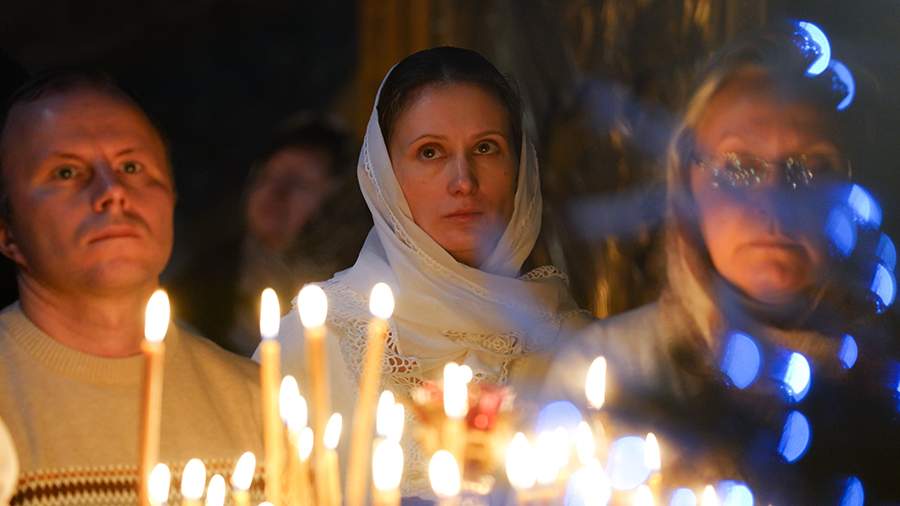February 21 - Zakhar Serpovidets: history, traditions and omens of the folk holiday
- Новости
- Local news
- February 21 - Zakhar Serpovidets: history, traditions and omens of the folk holiday

Every year on February 21, Orthodox believers honor the memory of St. Zacharias, one of the 12 minor prophets who lived 500 years before Christ. In the folk calendar, the holiday is called "Zakhar the Sickle Worker" because of the ancient tradition of sharpening sickles and knives on this day. In 2025, the date falls on Friday. About its history and omens read in the material "Izvestia".
Zachary the Sickle Sharpener - 2025: the history of the holiday
St. Zacharias (Zechariah) was one of the 12 so-called minor prophets. He lived in the VII-VI centuries BC and came from the tribe of Levi - an ancient priestly family. According to tradition, he had the gift of foreseeing the future in his youth.
The Book of Zechariah, part of the Old Testament, contains significant prophecies concerning the coming of the Savior and the events that accompanied his earthly mission: the birth of Christ, his entry into Jerusalem "on a young donkey", betrayal for 30 pieces of silver, the eclipse of the Sun at the time of the suffering of the cross and others.
The prophet received the nickname Sickle Bearer after one of his visions: he observed a flying scroll, which, bending in the air, resembled a formidable sickle. This image became a symbol of God's judgment and retribution.
Zechariah's prophecies became an important part of the biblical heritage, emphasizing the inseparable connection between the Old and New Testaments.
Traditions and rituals of Zechariah's Day, celebrated on February 21
In popular tradition, the day of the memory of the prophet Zechariah was associated with the preparation for agricultural work. On this day, peasants paid special attention to the sickle - the main tool of the harvest.
Our ancestors believed that if Zechariah did not take care of his tool, the harvest would be unsuccessful. If the saint sees people's diligence, he will help them cope with any trials. That is why on February 21 farmers took out sickles, examined them, cleaned them, sharpened them and consecrated them with baptismal water.
It was believed that the month in the sky on the holiday has a special power, its energy can give sharpness to a real sickle. Therefore, clear weather at night was considered a good sign.
What you can and can not do during the celebration of Zakhar Sickles
The day of Zakhar Sickle symbolized the importance of diligence and advance preparation for field work. In Rus believed that proper planning always brings fruit. People used to say: "It's not the time to sharpen sickles, when to go to the stubble", "If you don't cut a crooked sickle in time, you won't make a sheaf in the field".
In addition, ancestors believed that February 21 should avoid certain actions, so as not to bring trouble on themselves.
According to the belief, surgical interventions on Zachariah may result in complications, inflammation, wounds will take a long time to heal. It was strictly forbidden to remove teeth, it was believed that it could lead to spoilage.
It was strictly forbidden to envy during the holiday, as trouble could fall on the envious person and on the object of his bad thoughts. There was also a belief that wet cleaning on Zakhar's Day could "wash" health and prosperity out of the house. Therefore, the floors on this day only swept.
Girls on February 21 was not recommended to look in the mirror - it was believed that so you can "overlook" their beauty and bring skin diseases.
Folk omens on February 21
Zakhar's Day was an important weather marker, so in Russia with special attention followed the nature on this day. It was believed that heavy frosts heralded an early spring and a warm March, and thunder - a rainy summer. The reddish hue of the moon on the night of Zachariah promised a thaw.
Earlier "Izvestia" told about the traditions and signs of the folk holiday Pochinki.
Переведено сервисом «Яндекс Переводчик»


